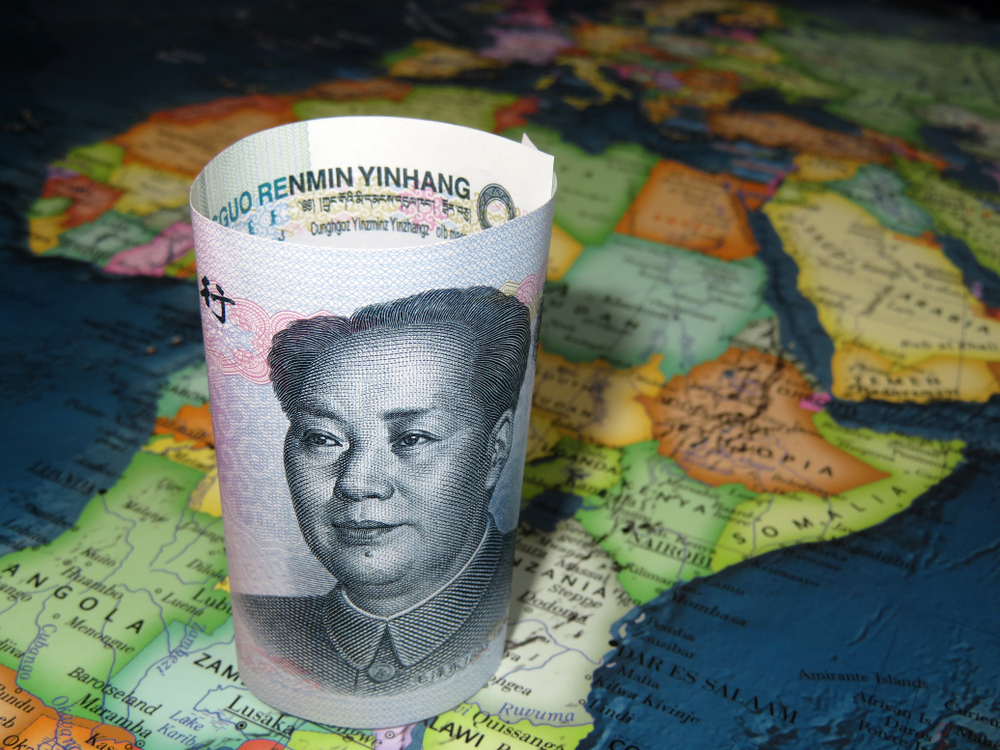The government of Zambia has recently announced that it will seek additional compensation for those affected by a toxic spill originating from a Chinese-owned copper mine.
In February, a dam containing 1.5 million tons of toxic waste reportedly collapsed, polluting drinking water for residents of the area, according to the BBC. The firm, which is backed by the Chinese government, apologized and pledged to provide compensation to those who were affected.
While also acknowledging the $580,000 devoted as compensation, Zambia Vice President Nalumango maintains that the payout must reflect all aspects of life that were affected, including the land and potential damage to livelihood. Residents of the area are also continuing to report health issues, including headaches, diarrhea and coughing.
Most recently, local farmers announced a new lawsuit over the spill, seeking approximately $220 million in immediate payment and $80 billion in compensation for the damage as crops up to 60 miles away from the spill continue to be affected and fish continue to die in the river.
The lawsuit comes as Africa and China continue to develop relations, particularly in trading.
How are China and Africa connected?
China and Africa have strengthened their relationship over the last two decades. For the past 21 years, China has emerged as one of the primary trading partners of sub-Saharan Africa. According to the World Economic Forum, as of last year, approximately 16% of Africa’s imports came from China, totaling nearly $282 billion in the value of imported goods. In exchange, nearly $170 billion in exports came into China from Africa in 2023 alone. Imports from Africa to China include resources such as fossil fuels, minerals and metals such as cobalt.
The strengthening of the current relationship stems from the creation of the Forum on China-Africa Cooperation, a forum coordinated between China and all states in Africa except for the Kingdom of Eswatini. The forum promotes mutual respect between the nations as well as an equal, peaceful coexistence.
The forum is now part of the Belt and Road Initiative, which advocates for the infrastructure and economic development of China. The initiative works concurrently with the African Union’s Agenda 2063. Adopted in 2015, the Agenda 2063 program seeks to adopt initiatives that promote democracy and justice in the states, proper political integration, economic development, gender equality and political independence. The initiatives focus on cultivating the changes throughout the next 50 years, starting from 2013 when the first call for the agenda was made.
Through creating synergy between the initiatives, the nations have established a relationship that has most recently culminated in tariff-free imports. According to the BBC, China has announced that it is ready to drop tariffs on imports from all 53 African countries with which it has trade agreements. The removal of tariffs will be part of a deal previously made last year, in which China agreed to drop tariffs on 33 African nations that it deemed “least developed.” The current decision will expand to include countries such as Nigeria and South Africa.
Throughout the partnership, researchers have emphasized that the Forum on China-Africa Cooperation has yielded mutual benefits for both parties in the past. Per a 2016 report, they found that, overall from 2006 to 2016, the forum has advocated for mutual aid, providing support for construction needs in Africa and providing both technical and non-technical assistance during the Ebola outbreak.
Last September, China also offered nearly $51 billion over the course of three years to help create approximately 1 million jobs. A majority of the money, which will be counted in yuan, will be allocated through investments and credit lines to provide financial assistance and improve infrastructure across the continent. A smaller amount will be given through military aid and other similar projects.
However, although debt was not specifically mentioned when the assistance was announced, United Nations leaders, such as Secretary-General Antonio Guterres, have expressed concern about the potential social unrest that could occur if nations continue to accrue more debt.
In 2022, the last reported figure for the amount of debt owed by Africa was approximately $1.8 trillion. In just 12 years, the rate was four times higher than the growth of the GDP, representing an approximate 183% increase. About $80 billion of this debt was owed to China alone.
Although these loans have been used to support development initiatives, many have expressed concerns about debt burden, pointing to maturing loans that have already increased fivefold in the last decade. Bloomberg reports that their overall financing needs have approximately tripled, leading to calls for debt relief and more transparency when loans are given, as a majority of government revenue continues to go towards paying off debts instead of health care and education. To help with the growing debts across the continent, lawmakers have attempted tax increases.
In Kenya, a proposed bill was introduced late last year that planned on taxing bread by 16% and cooking oil by 25%. Essential items such as sanitary pads and diapers were also taxed as they were considered to be products that cause environmental damage. A 16% tax on specialized hospitals and higher import fees were also a part of the proposed bill.
Following outrage and protests that led to the death of over 50 people, however, new taxes will not be imposed, according to a 2025 proposal shared by Kenya.
At what was considered their first Debt Conference, the African Union convened in May to discuss potential solutions, pointing to a range of initiatives. Initiatives included the creation of an African Credit Rating Agency and more laws to oversee borrowing.
“We must ask ourselves what truly constitutes sustainable debt,” said Togo’s President Faure Gnassingbé in a statement. “Many African countries face competing pressures, servicing debt while addressing health, education, and security needs. Without peace, there can be no development.”


